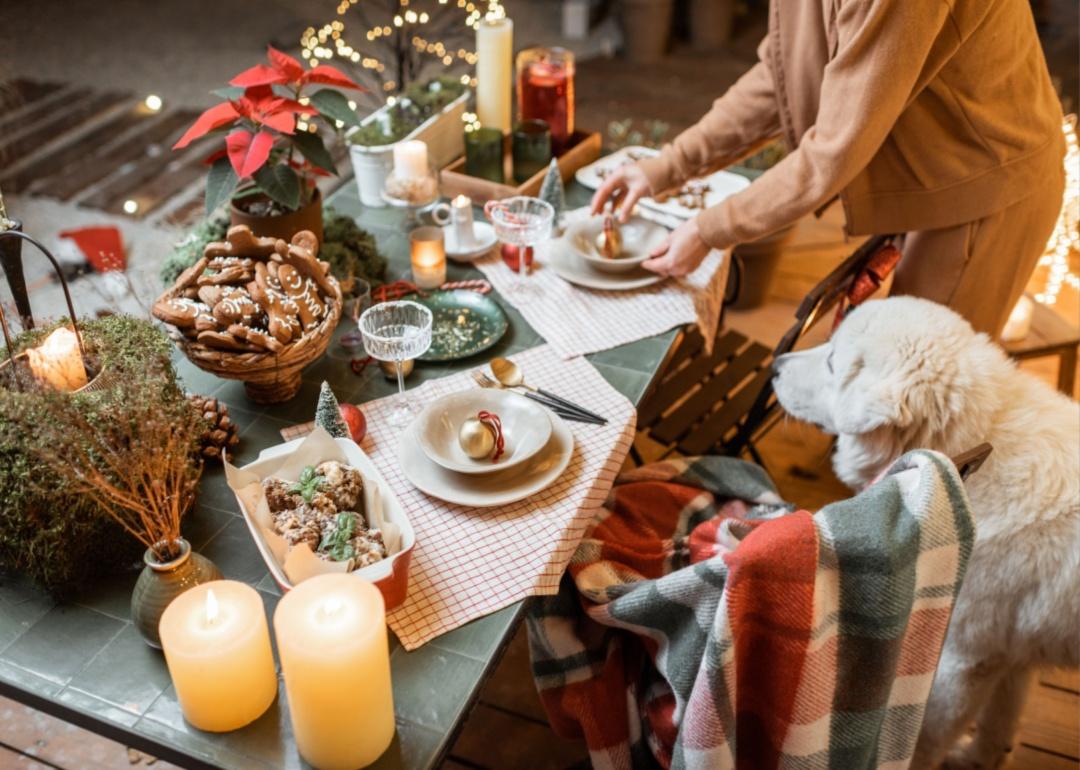Pet-proof the holidays: 8 seasonal hazards and their pet-safe solutions

As adorable as watching your pets play with holiday staples like ornaments, ribbons, and tinsel can be, they mustn't ingest them. Chewing on these stringlike products can cause serious intestinal damage. If one end gets stuck, it can induce contractions that cause ribbons or tinsel to seriously damage pet intestines. Pets can quickly show symptoms, so look out for signs of vomiting, diarrhea, depression, pain in the belly, and fever.
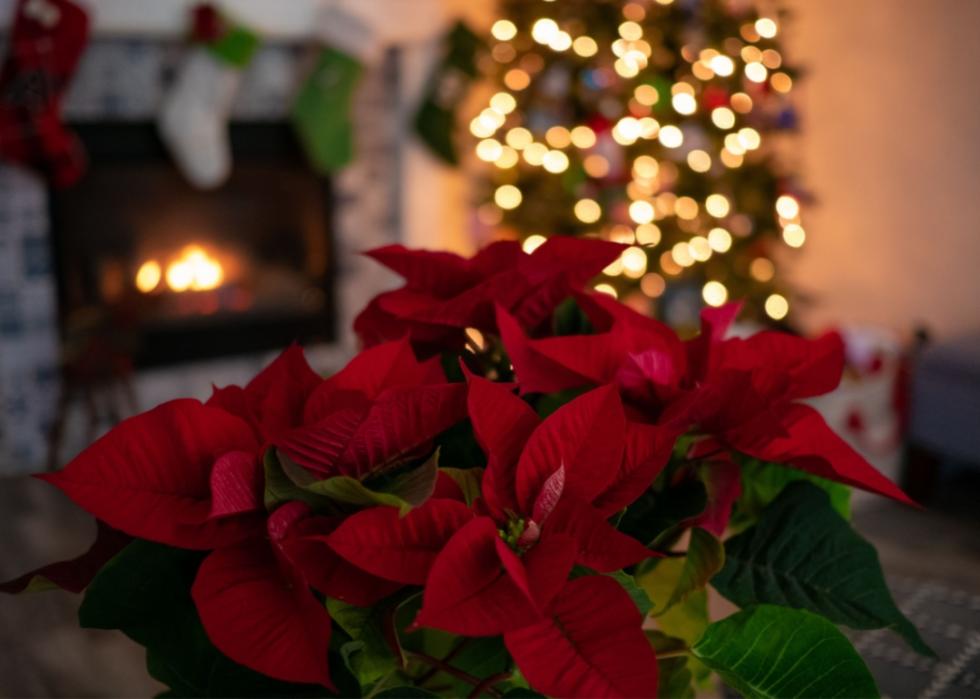
Numerous plants traditionally associated with the winter holidays are unfortunately poisonous to pets, particularly cats and dogs. This includes American holly, poinsettias, and lilies. Luckily, the widespread availability of faux plants in stores and online can help you achieve a seasonal botanical look without risking your pets' health.
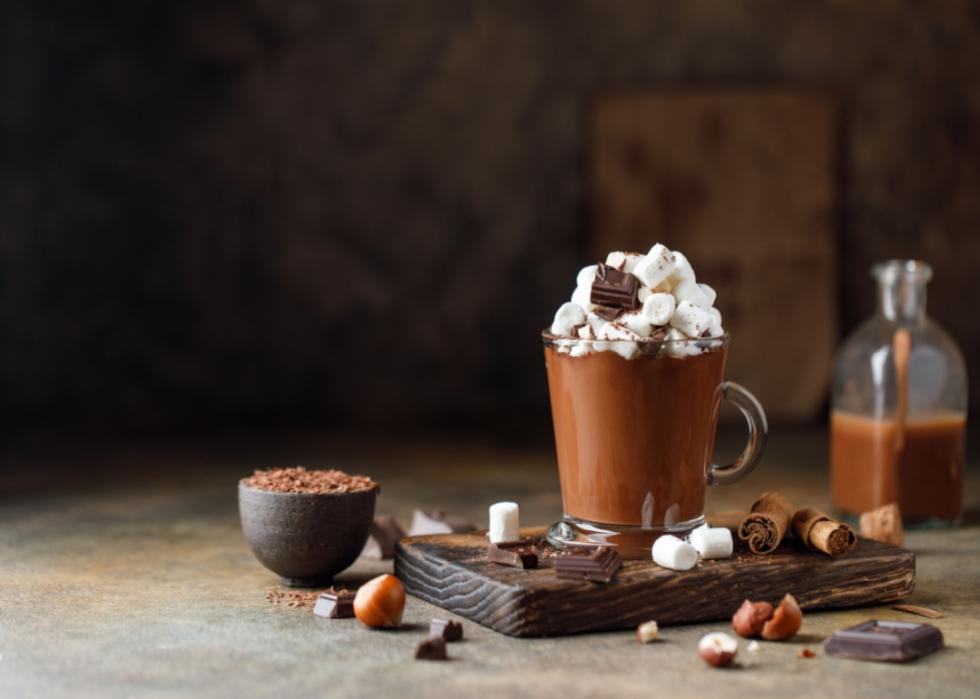
Alcohol-infused sweets are doubly dangerous for pets. Alcohol toxicity is a common pet poisoning that can occur due to ingestion, skin absorption, or inhalation. Although cats rarely eat enough chocolate to cause clinical symptoms because they do not have sweet taste buds, it contains two toxic components to dogs (caffeine and theobromine) that can lead to vomiting and diarrhea, and in more severe cases, coma and death.

Keeping an eye on your cats and dogs during holiday baking is key. When ingested by pets, unbaked yeast dough can induce potentially dangerous bloating and painful gas. Baked goods with enough salt can also be easily mistaken for salty dog treats, causing your pets to ingest high levels of sodium, which can result in seizures or even death.
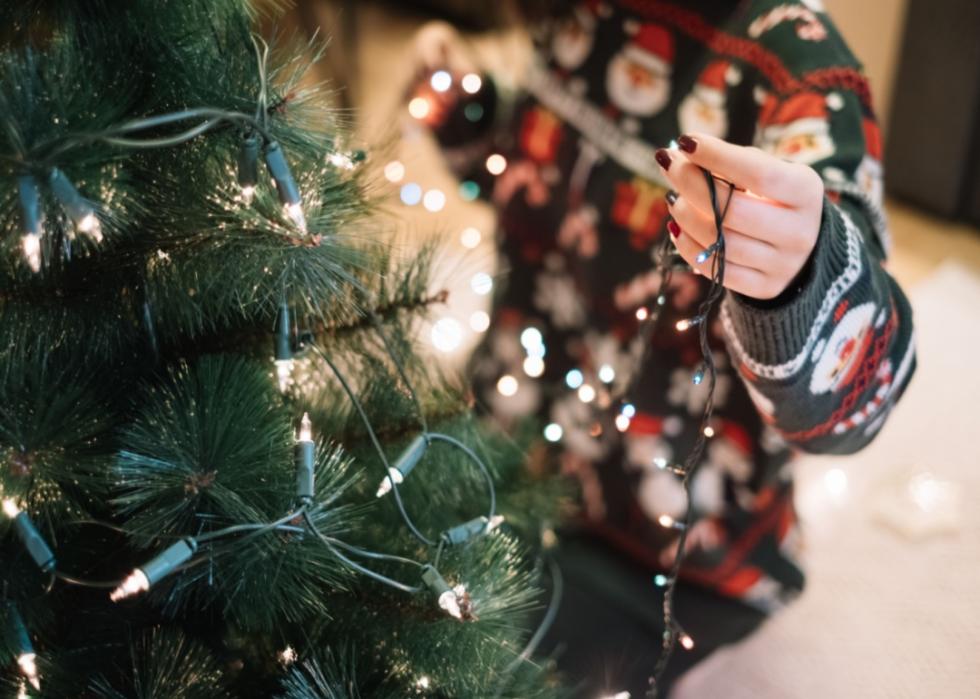
Although cozy lighting can set the perfect holiday mood, be careful that the ones in your home don't harm your fur babies. Wires from electric lights can deliver potentially lethal electric shocks. At the same time, an unattended candle could be knocked over by a pet's paw or tail, causing a fire or potential burns. Meanwhile, the essential oils present in many oil lamps are typically dangerous for cats and can cause gastrointestinal upset or central nervous system depression. To be safe, opt for 100% beeswax candles and use an air purifier.
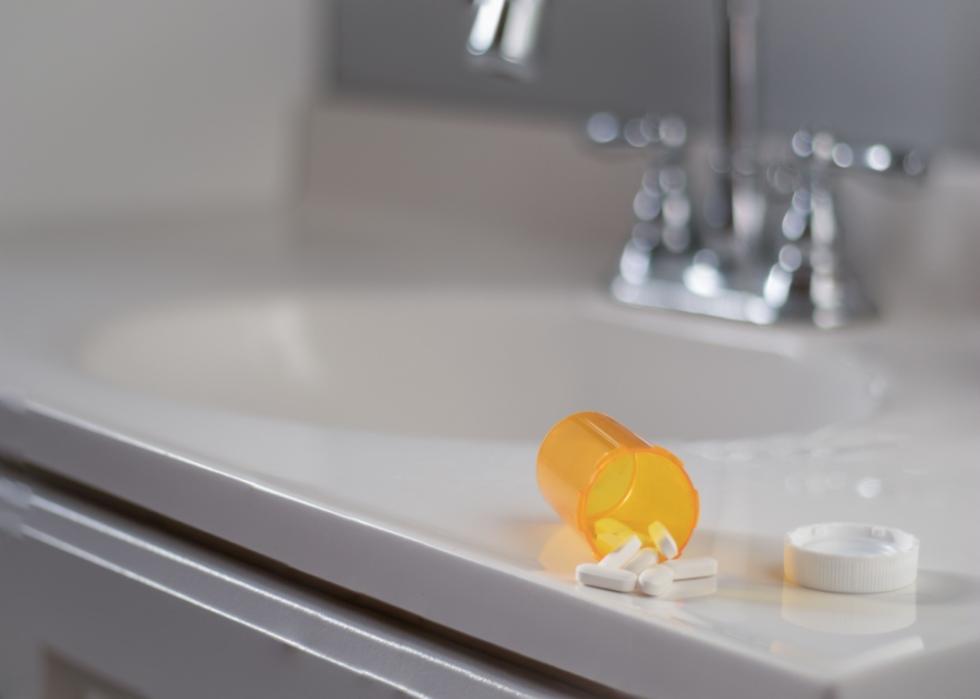
If you have loved ones visiting from out of town, remind them to keep medications out of sight and within reach of pets. Over-the-counter medications consistently rank among the top, if not the #1, pet toxin in the last few years, according to the ASPCA, with common medications like vitamins, ibuprofen, and supplements all posing a danger to your furry friends.
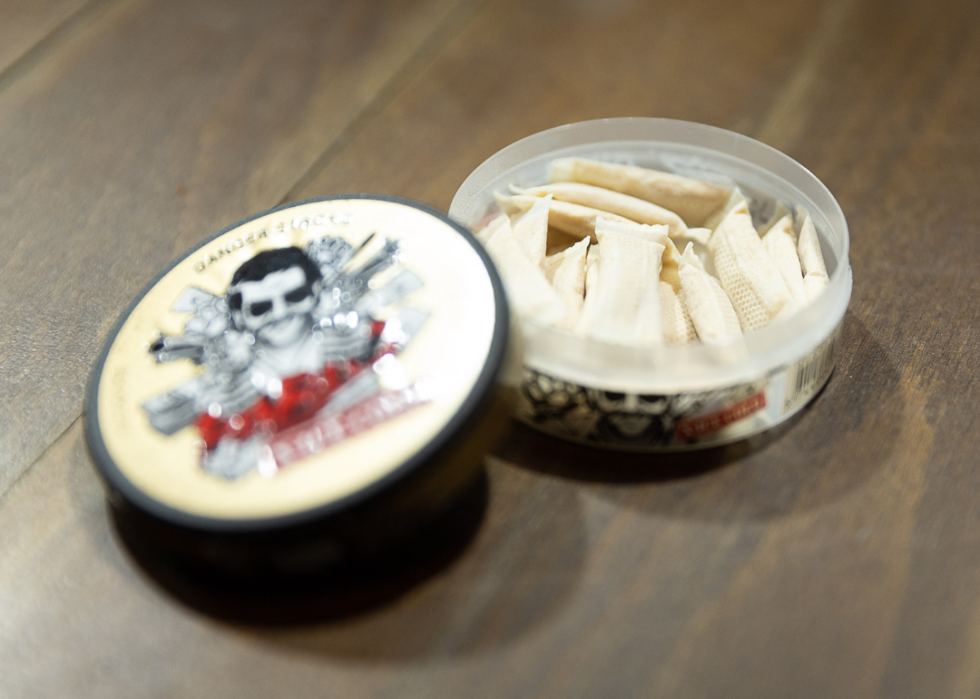
Nicotine patches and other tobacco products have the potential to cause severe vomiting, a decrease in blood pressure—and in extreme cases—death. Meanwhile, the amount of nicotine in the ASPCA reports that e-cigarette liquids used to recharge e-cigarettes and vapes have enough nicotine in them to kill a dog if its contents are ingested. To keep your pets safe, keep all of your tobacco products out of their reach.
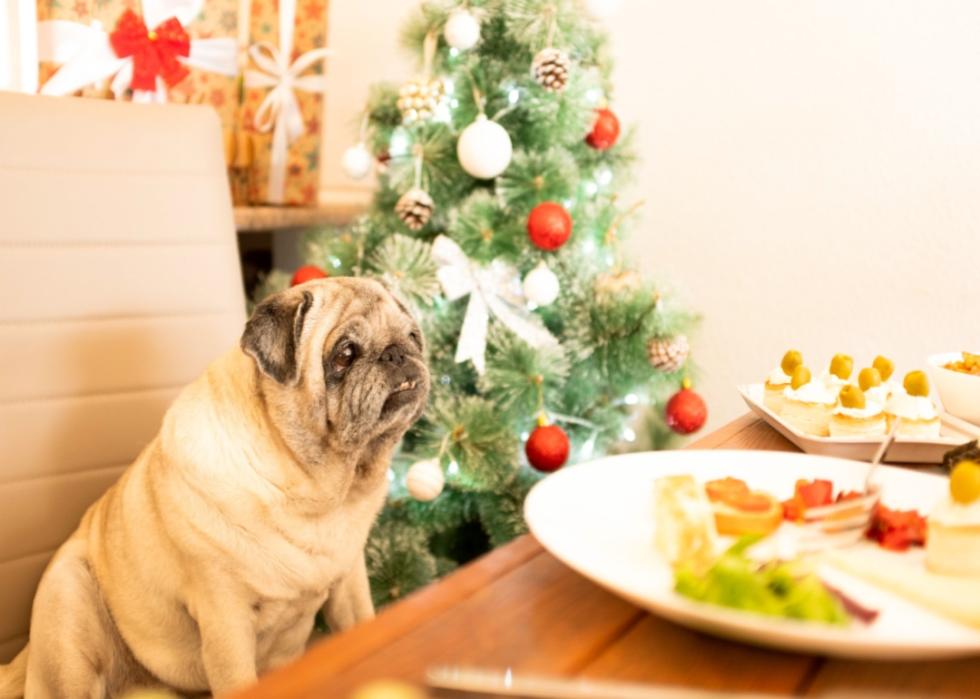
As tempting as it can be to give in to your pet when they're begging to share your food, doing so can be deadly. Human food accounted for 16% of ASPCA's poison control center calls last year. Foods often mistakenly ingested by pets include protein drinks and bars, xylitol gums, grapes, onions, and garlic. To stay safe, you can check the ASPCA's complete list of hazardous foods beforehand.
Story editing by Carren Jao. Additional editing by Kelly Glass. Copy editing by Paris Close. Photo selection by Lacy Kerrick.
